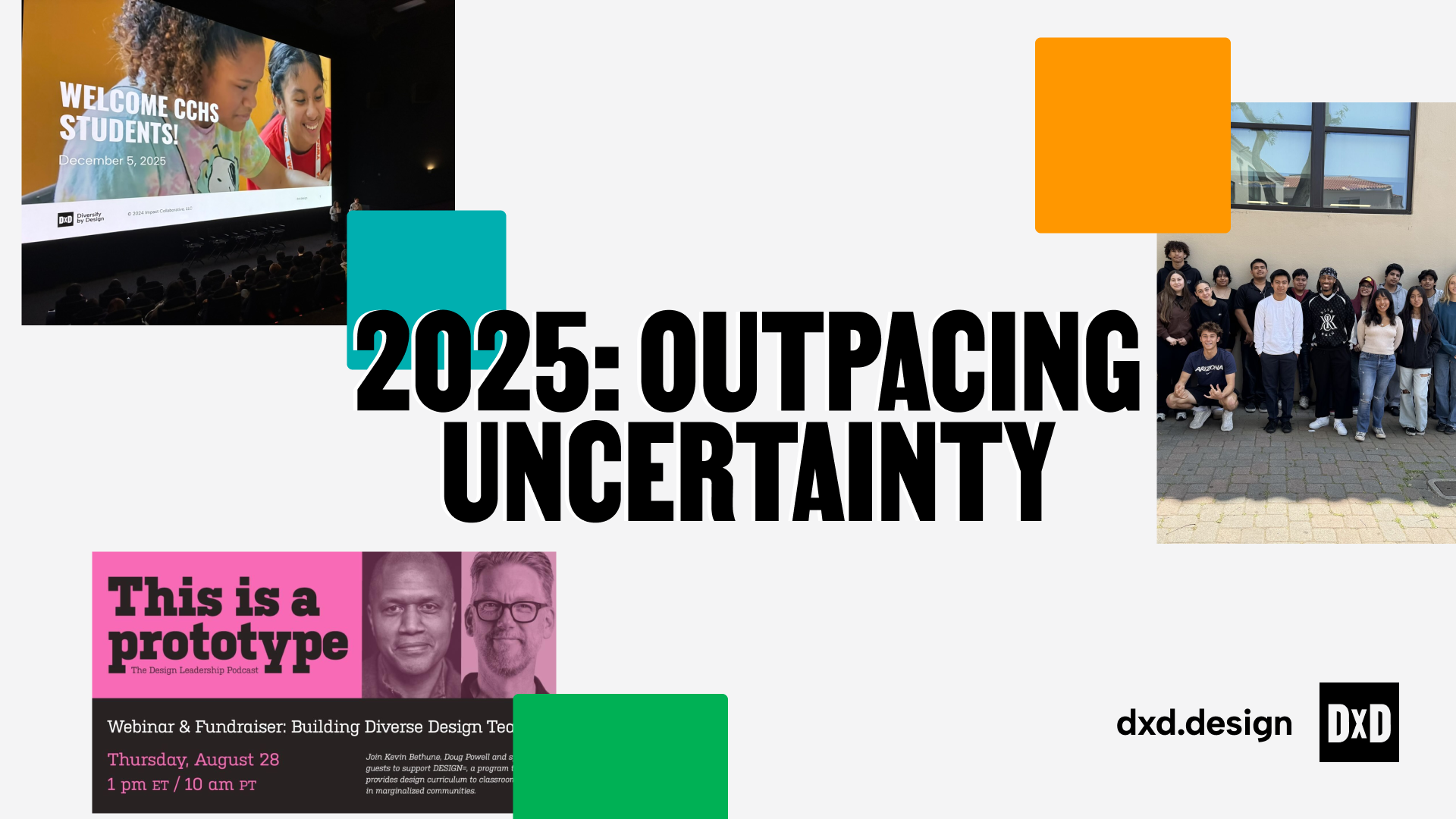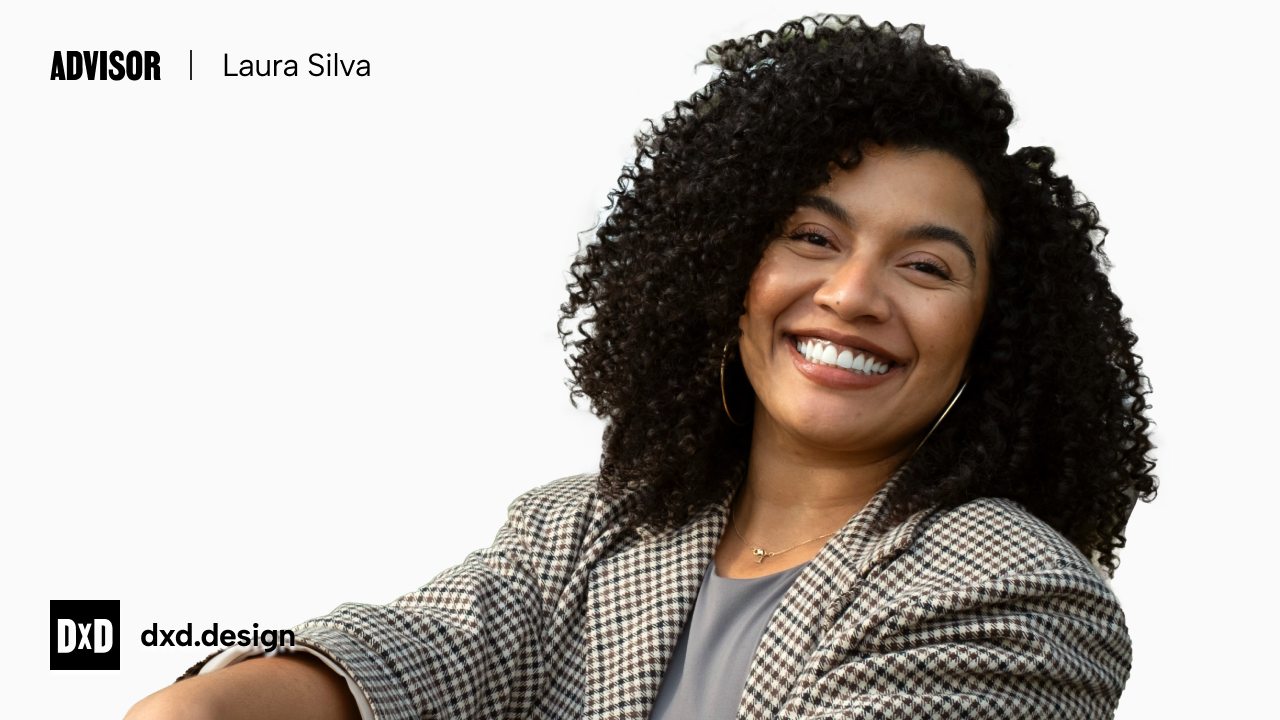Advocacy and Reflection

In the previous segment, we explored Keyarow's challenges and advocacy efforts at Pratt Institute. In this final installment, we delve into the support (or lack thereof) for diversity at Pratt and Keyarow's reflections on her overall experience.
Alaysia Brown: In what ways did Pratt support or fail to support diversity and inclusion during your time as a student?
Keyarow Mosley: It’s funny you ask that because I was taking a student leadership course and met another person in my program, someone I’d never met, but this was her senior year. She shared she was on a DEI board that Pratt offered. I didn't even know we had that program for students. She offered me advice and encouragement about being a minority in the program.
Alaysia Brown: What I’m hearing is that Pratt did its part to support DEI efforts by creating programs, but could improve my making programs accessible to students in need upon their acceptance into the institute.
Keyarow Mosley: Yes, and it’s also worth noting that as far as administrators are concerned, it's their job to host these DEI-related programs but staff of color usually have high turnover. And when the administrator leaves the initiative leaves with them, or the related programs become secondary concerns to their successors of students and the school as a whole.
Alaysia Brown: This question is going to be a doozy so please answer it however you feel comfortable. Can you describe any instances of discrimination or micro-aggressions you encountered at Pratt and how did you navigate them?
Keyarow Mosley: One experience I can name is the mood board example I gave you earlier in this conversation.
I also had an incident last semester, I essentially ended up having to try and prove that what I said was accurate. I mentioned what and when something was due and I received so much pushback from group members who hadn’t heard clearly what our professor said. I am constantly put in a position to prove myself at times.
Alaysia Brown: What stands out to me most is that the pushback you’re facing is occurring before the work even begins.
Keyarow Mosley: As I mentioned earlier when I talked to black students who had formerly attended Pratt, and other professionals in the field, they mentioned I was going to experience a lot of pushback and even gatekeeping, and those individuals were not wrong.
Alaysia Brown: Can you share more about the positive experiences you’ve had as a black woman at Pratt?
Keyarow Mosely: My professor, who is also a minority, has been so supportive. She's very transparent about the things that she has experienced, especially as a senior practicing in the field. Her sharing of her perspective has shifted my thinking numerous times.
There have been days where I’ve wanted to drop out. I’ve called her saying, “I need to figure this out. I don't want to do this anymore.” And she suggested we have an “I have to figure this out” chat. Where we spend time just trying to figure it all out. Her personal and professional advice always reassures me that I have this.
Alaysia Brown: How has your experience at Pratt shaped your perspective on design professionally?
Keyarow Mosely: Initially I thought the program at Pratt would help me prove myself in some way or help me become more professional and master my skill set. And what it did was prove many things that I wanted to change. I am not necessarily the best designer, but I like the things outside of that that influence design. So, it made me want to be in advocacy, I want to do more to assist and change people's thinking processes. If we had this model, it would be technically called “design thinking”. And the first step is empathy. However, we don't practice empathy when we go into these things.
Alaysia Brown: It’s ironic. Many individuals don't empathize with minority individuals however, they are the ones in charge of designing with diverse perspectives in mind.
Alaysia Brown: Looking back, what advice would you give to other black students considering attending Pratt or a similar design institution?
Keyarow Mosley: “You have to do it for you.” That’s my one piece of advice to students of color. Take what you can from your experiences like Pratt's and apply it to your plan. Take what you can from their game and apply it to your own.
Alaysia Brown: How do you think the experiences that you've had over the past year at Pratt are going to impact how you show up in similar spaces?
Keyarow Mosley: I don't show up just by myself. When I show up in spaces like Pratt, I arrive with the influences of women, especially black women, who have stood with me or given me advice or encouragement.
Alaysia Brown: Thank you so much, Keyarow.
In this final segment, Keyarow Mosley reflected on both the challenges and support she received during her time at Pratt Institute. Her journey, filled with moments of both adversity and encouragement, highlights the importance of advocacy and representation in higher education.
As Keyarow prepares to take her next steps, she carries with her the lessons learned and the determination to inspire change for future generations of black women in academia and beyond. Thank you for joining us in exploring her insightful and impactful story.












